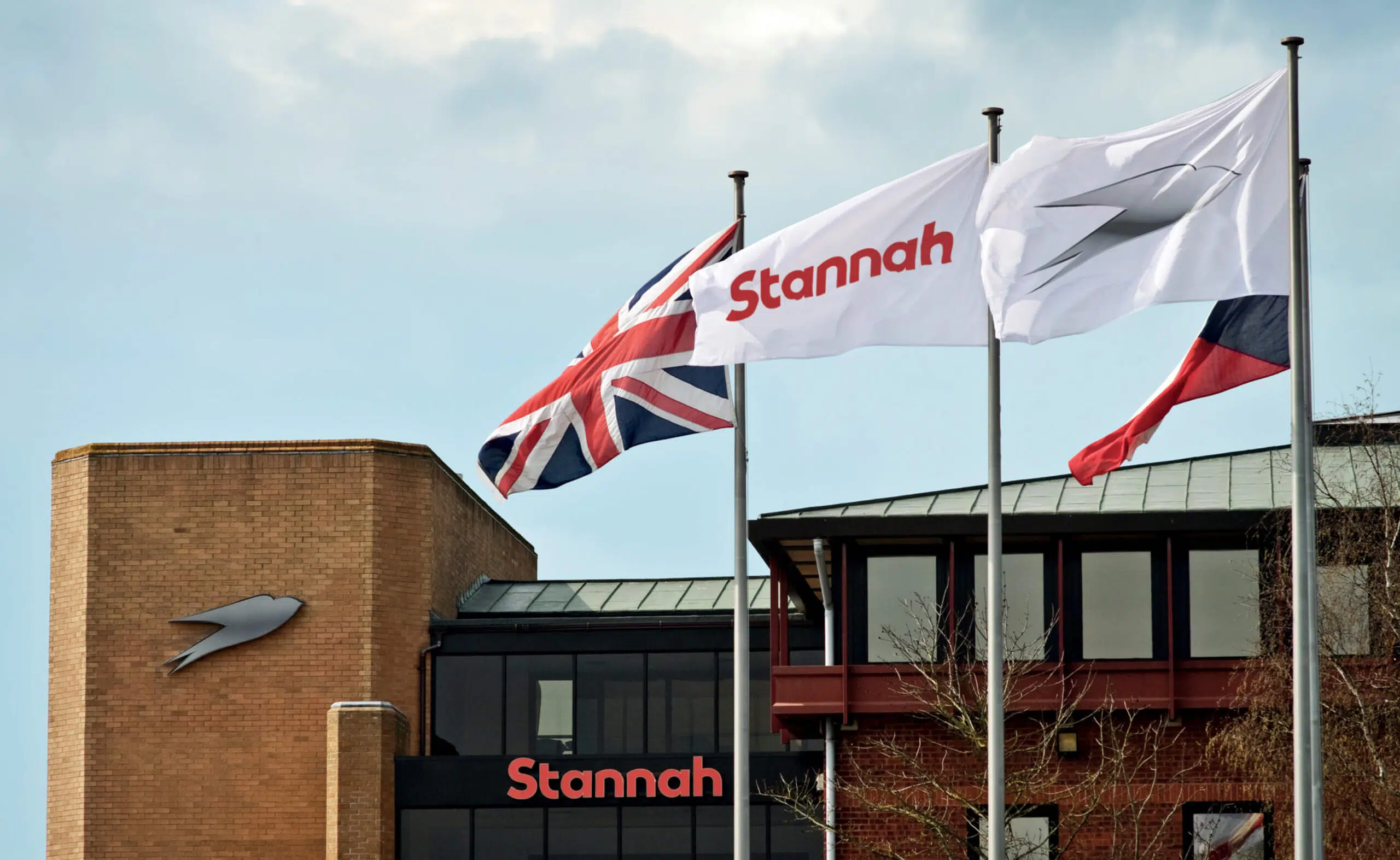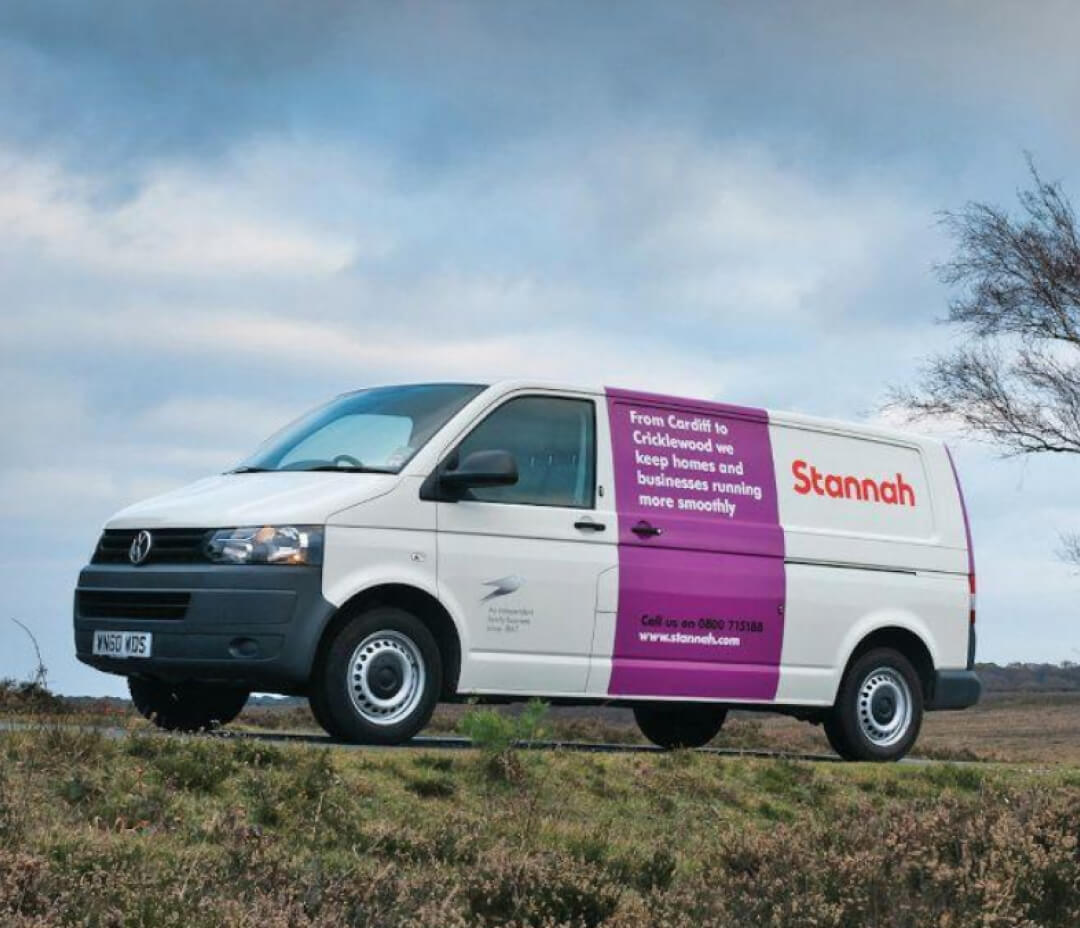Procure
We partner with local authorities to efficiently execute contracts for home accessibility solutions
We have a dedicated public sector team focusing solely on local authority contracts. Using our experience and depth of resources, we install, service, safe and reliable, sustainable products on time that meet budgets and environmental targets.

How to procure
In February 2025, a change in the new Procurement Act will see a move away from MEAT (Most Economically Advantageous Tender) to MAT (Most Advantageous Tender). A further move to show that the cheapest option is NOT the best option.
With over 150 years of lift industry experience, we are happy to share our knowledge and expertise with local authorities who are considering stairlift adaptation contracts.
What is a framework?
Frameworks help public and third sector buyers to procure goods and services from a list of pre-approved suppliers, with agreed terms and conditions and legal protections.
Frameworks are often divided into ‘lots’ by product or service type, and sometimes by region. This means that suppliers offering certain kinds of specialist goods or services, sometimes in a specific geographic location, can bid to join the lot that best suits their offer.
Once awarded, frameworks run for a given timeframe, usually between 1 to 4 years, after which they are re-tendered, giving new suppliers the chance to bid to join them.
Direct award
Is a quick way of putting a contract in place it is also the simplest and quickest way to get to your chosen supplier.
Mini Competition
A further tender process to fine tune your requirements from a select few suppliers.
What protections do frameworks give?
Suppliers will be asked to prove that they have achieved relevant standards, that they hold specific kinds of insurance, and that they can provide evidence of successful performance on previous, similar contracts.
This means all you need to do is follow the award process in the contract or in the customer guidance that will be provided by the frameworks.
Why should I use a framework?
Frameworks can help you save time and money by removing the need for you to run your own lengthy and expensive tender processes.
Suppliers who sign up to provide goods and services through frameworks are required to prove that they are able to do so to an agreed standard, and buyers are assured of legal protections for their contracts.
What is a multiple quote?
A “multiple quote” refers to obtaining price estimates from several suppliers or service providers for the same product or service. This practice is common in procurement and purchasing processes, multiple quotes is not the best solution reasons being: –
- Admin work in sending quote requests to multiple suppliers, keeping track of who has replied, chasing those who have not.
- Work in comparing quotes in different formats from each supplier, possibly using different products and with different specifications.
- The client must be contacted by multiple suppliers and have each of them visiting their property which is not ideal.
- Local authority must vet each supplier and check their qualifications, insurance, DBS status as well as compliance with their requirements on policies including modern slavery, living wage, environmental impairment, etc.
